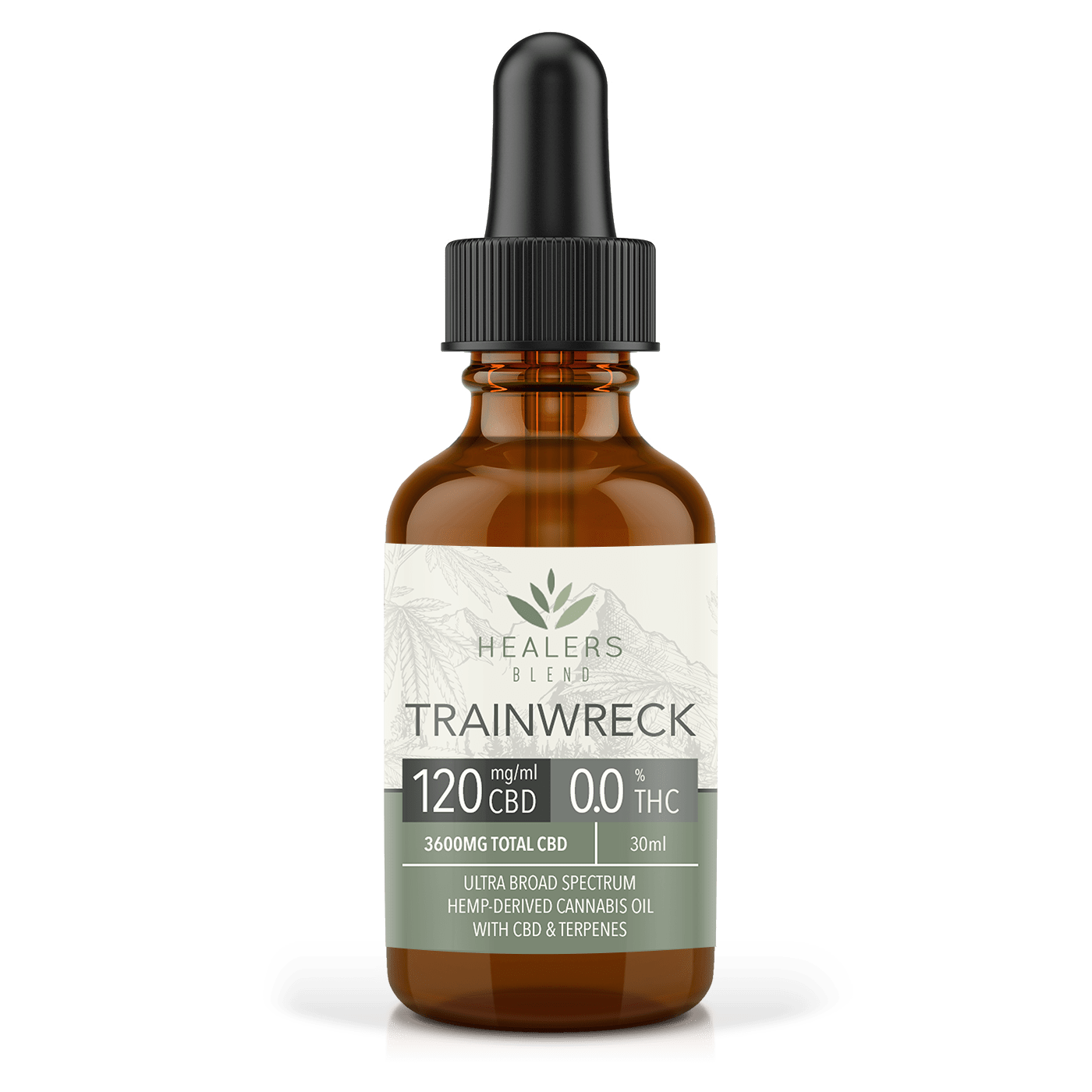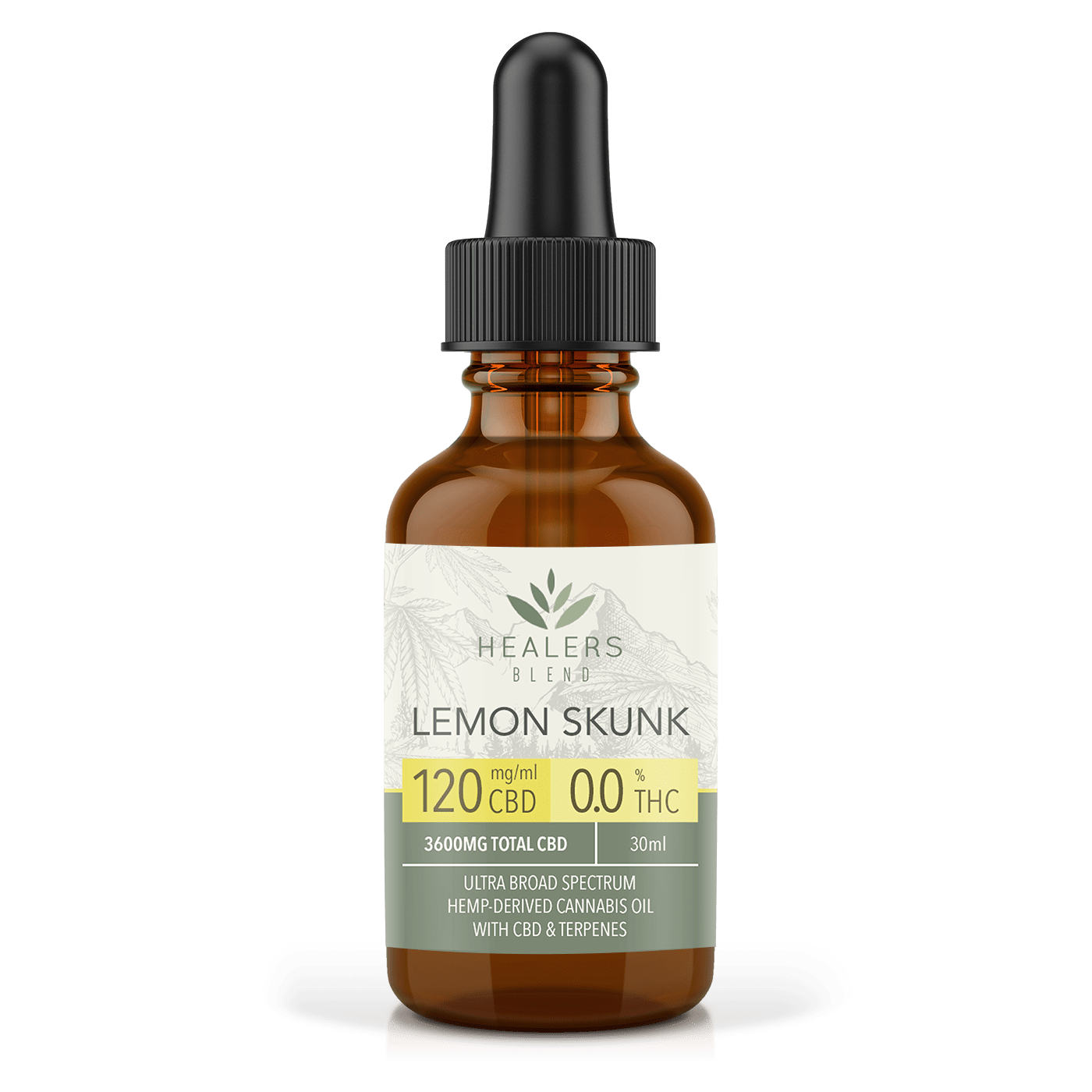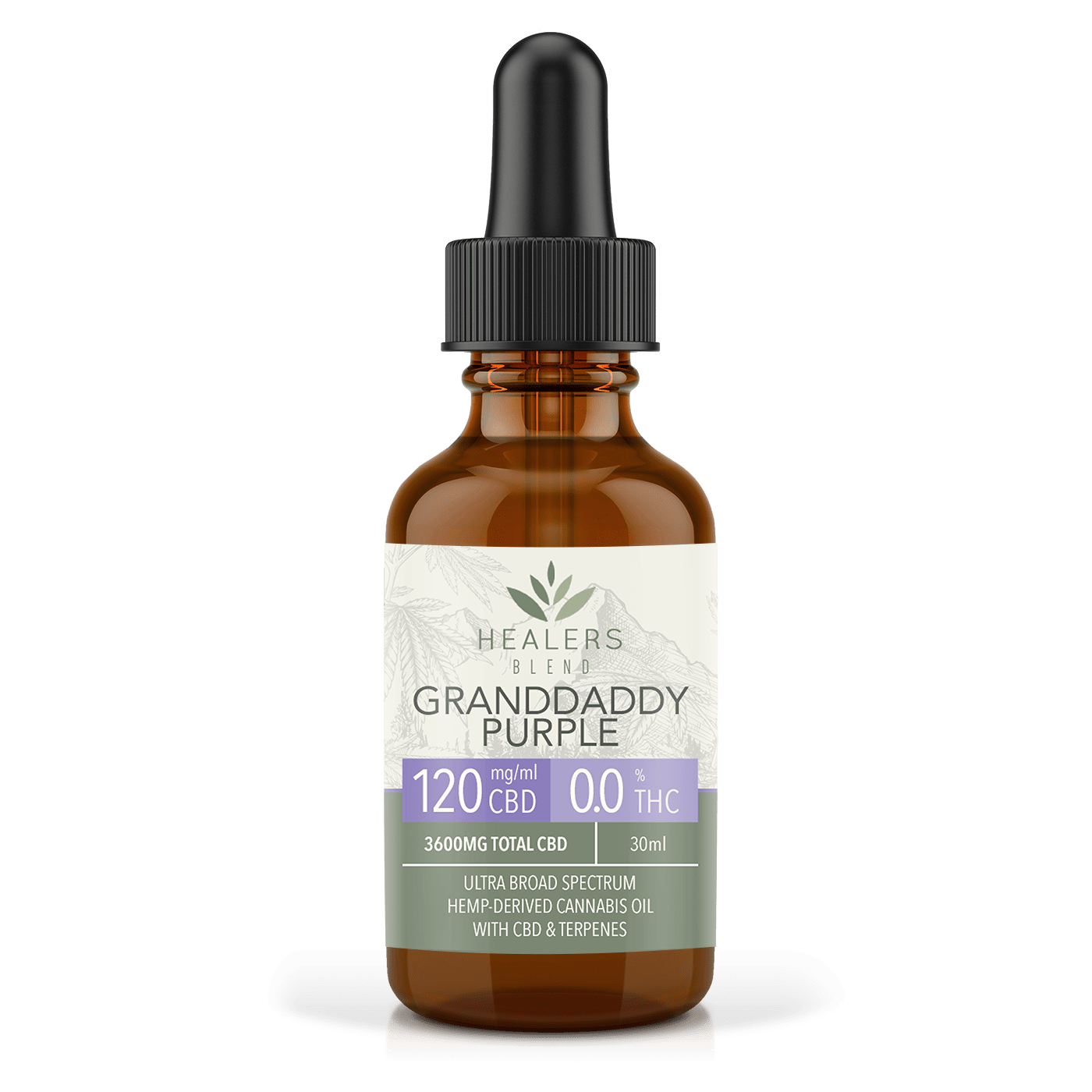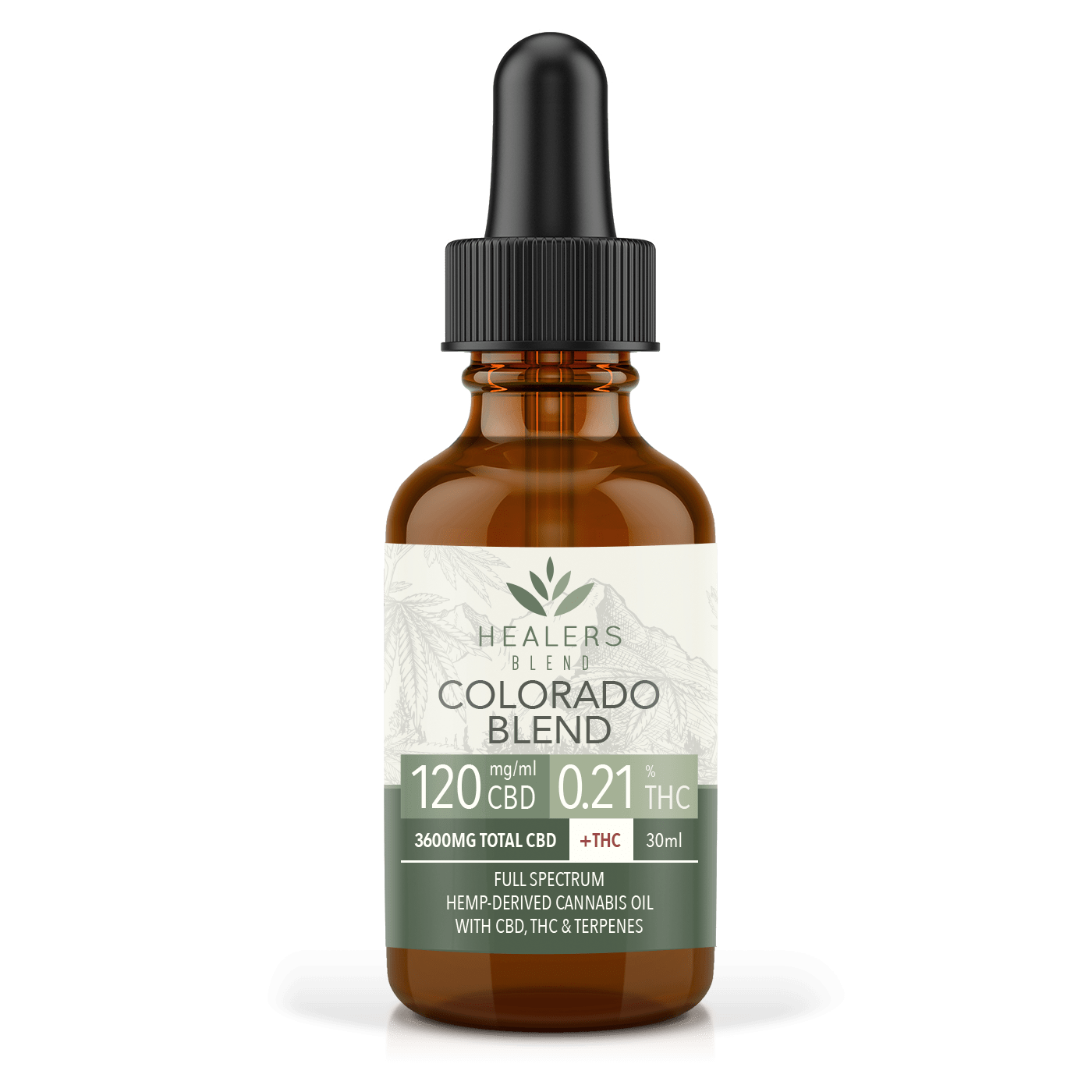Welcome to the Healers Blend Learning Lab! The information in these pages are designed for both the general consumer, as well as, health and medical practitioners seeking to expand their working knowledge of cannabis and the potential of cannabinoid based therapies. While we work to ensure the information in these pages and resources is accurate and up to date, we do not make any claims as to the veracity or totality of the information contained herein. Research into cannabis as medicine is ongoing and our understanding of its many potential benefits continues to grow everyday. Our hope is that you will find this information beneficial and inspiring in your own search to better understand the potential of this incredible plant to increase overall health, vitality, and well-being. CBD products are not approved by the FDA for the diagnosis, cure, mitigation, treatment, or prevention of any disease. We are restricted from making any claims about the efficacy of our specific CBD products to treat or cure any disease or medical conditions. You should always seek the advice of a physician before adding nutritional supplements to your diet. The following information is presented for educational purposes only. Healers Blend provides this information to provide an understanding of the potential applications of cannabidiol. Links to third party websites do not constitute an endorsement of these organizations by Healers Blend and none should be inferred.
Research on CBD Oil for Inflammation
Research on CBD oil for inflammation has revealed that it can be very effective for many conditions where reducing inflammation is beneficial. Inflammation seems to be implicit in scores of diseases and conditions. Sometimes it’s helpful, and most times it isn’t. What is the difference between chronic and acute inflammation and why does it matter?
Acute Versus Chronic Inflammation
Inflammation can be an acute or chronic process, and therein, lies the difference. Inflammation can be a good thing or a bad thing.
Acute Inflammation
Acute inflammation is the body’s attempt to protect itself, remove harmful stimuli and start the healing process. Inflammation is part of the body’s immune response. Tissue damage, wounds, infections could not heal without acute inflammation.
Acute inflammation is the body’s attempt to self-protect against some harmful stimulus such as illness and disease. Its function is to eliminate the cause of the cell’s injury, clean out dead tissue, and to start repair. There are five classic signs of acute inflammation.
- Heat
- Pain
- Redness
- Swelling
- Loss of Function
Acute inflammation should be self-limiting and resolve when healing is complete.
Chronic Inflammation
Chronic inflammation is an entirely different story. Chronic inflammation can involve the same five components of heat, pain, swelling, redness or loss of function but there is not a stop-date on these, so it’s easy to understand why chronic inflammation is so problematic. Chronic inflammation occurs in many illnesses and conditions. Different autoimmune diseases share the common biochemical process of systemic inflammation and an overactive immune response. Chronic inflammation can cause problems for months or years. Examples of conditions associated with chronic inflammation are the following.
- Asthma
- Chronic Ulcer not associated with H. Pylori bacteria
- Tuberculosis
- Rheumatoid Arthritis
- Ulcerative Colitis and Crohn’s Disease
- Interstitial Lung Disease
- SLE
And there are much more.
Damaged tissue cannot heal without inflammation, but if it goes on too long, it will eventually create additional problems including some types of cancers, rheumatoid arthritis, atherosclerosis and more. Inflammation must be well regulated for optimal health.
CBD Oil for Inflammation
First, what is CBD oil and what isn’t it? There are 85 known cannabinoids found in the cannabis plant, and CBD is one of them. It is also known as cannabidiol. It is not a psychoactive substance, so it does not cause a “high, ” but it does have many identified health implications, including its effect on inflammation. Research studies show promising results in reducing inflammation and the positive impact this can have on body systems and conditions.
CBD Oil Reduces Inflammation
The human body contains an endogenous cannabinoid system called the endocannabinoid system which can detect two primary receptors. CB1 and CB2 receptors found in the connective tissues, organs, brain, and the immune system are important parts of the inflammatory response. CBI receptors impact perception, memory, mood, sleep and appetite where CB2 receptors affect the immune system. Researchers from the University of South Carolina, ETH Zurich, and Bonn have studied cannabinoid effects on inflammation. Researchers from the ETH Zurich and Bonn University have researched CBD anti-inflammatory, anti-psychotic, anti-seizure and anti-oxidant effects with promising results. Research is ongoing and promising regarding the use of CBD oil as an anti-inflammatory with minimal side effects. A review of evidence-based articles from the NCBI revealed multiple reports identifying the endocannabinoid system as an emerging key factor in the management of inflammation.
WATCH VIDEO: Inflammation and the role of Cannabidiol (CBD)
Articles on the use of Cannabis-Derived Hemp Oil to relieve Anxiety
Research Studies on the effects of CBD oil to treat Inflammation:
- Cannabidiol as an emergent therapeutic strategy for lessening the impact of inflammation on oxidative stress
- The endocannabinoid system: an emerging key player in inflammation
- Anti-inflammatory role of cannabidiol and O-1602 in cerulein-induced acute pancreatitis in mice
- Cannabinoids, endocannabinoids, and related analogs in inflammation
- Cannabidiol, a non-psychotropic plant-derived cannabinoid, decreases inflammation in a murine model of acute lung injury: role for the adenosine A(2A) receptor
- Cannabinoids suppress inflammatory and neuropathic pain by targeting α3 glycine receptors
- Cannabidiol reduces intestinal inflammation through the control of neuroimmune axis
- Diabetic retinopathy: Role of inflammation and potential therapies for anti-inflammation
- Cannabidiol reduces Aβ-induced neuroinflammation and promotes hippocampal neurogenesis through PPARγ involvement
- Cannabidiol attenuates high glucose-induced endothelial cell inflammatory response and barrier disruption
- Vanilloid TRPV1receptor mediates the antihyperalgesic effect of the nonpsychoactive cannabinoid, cannabidiol, in a rat model of acute inflammation
- Cannabidiol attenuates cisplatin-induced nephrotoxicity by decreasing oxidative/nitrosative stress, inflammation, and cell death
- Cannabinoids in clinical practice
- Pure THC-V inhibits nitrite production in murine peritoneal macrophages
- Cannabinoids, inflammation, and fibrosis
- Amyloid proteotoxicity initiates an inflammatory response blocked by cannabinoids
- Endocannabinoid 2-arachidonoylglycerol protects inflammatory insults from sulfur dioxide inhalation via cannabinoid receptors in the brain
- Protective effect of CBDon hydrogen peroxide‑induced apoptosis, inflammation and oxidative stress in nucleus pulposus cells
Medical Research on CBD (cannabidiol)
Clinical studies and case reports on CBD categorized by condition:
-
Research on CBD Oil for Acne
-
Research on CBD Oil for ADD – ADHD
-
Research on CBD Oil for Addiction
-
Research on CBD Oil for AIDS
-
Research on CBD Oil for ALS
-
Research on CBD Oil for Alzheimer’s Disease
-
Research on CBD Oil for Anorexia
-
Research on CBD Oil for Antibiotic Resistance
-
Research on CBD Oil for Anxiety
-
Research on CBD Oil for Arthritis
-
Research on CBD Oil for Asthma
-
Research on CBD Oil for Atherosclerosis
-
Research on CBD Oil for Autism (ASD)
-
Research on CBD Oil for Bipolar Disorder
-
Research on CBD Oil for Cancer
-
Research on CBD Oil for Chronic Pain
-
Research on CBD Oil for Depression
-
Research on CBD Oil for Diabetes
-
Research on CBD Oil for Digestive Issues
-
Research on CBD Oil for Endocrine Disorders
-
Research on CBD Oil for Epilepsy – Seizures
-
Research on CBD Oil for Fibromyalgia
-
Research on CBD Oil for Glaucoma
-
Research on CBD Oil for Heart Disease
-
Research on CBD Oil for Huntington’s Disease
-
Research on CBD Oil for Inflammation
-
Research on CBD Oil for Irritable Bowel Syndrome
-
Research on CBD Oil for Liver Disease
-
Research on CBD Oil for Metabolic Syndrome
-
Research on CBD Oil for Migraines
-
Research on CBD Oil for Mood Disorders
-
Research on CBD Oil for Motion Sickness
-
Research on CBD Oil for Multiple Sclerosis (MS)
-
Research on CBD Oil for Nausea
-
Research on CBD Oil for Neurodegeneration
-
Research on CBD Oil for Obesity
-
Research on CBD Oil for OCD
-
Research on CBD Oil for Osteoporosis
-
Research on CBD Oil for Parkinson’s Disease
-
Research on CBD Oil for PTSD
-
Research on CBD Oil for Rheumatism
-
Research on CBD Oil for Schizophrenia
-
Research on CBD Oil for Sickle Cell Anemia
-
Research on CBD Oil for Skin Conditions
-
Research on CBD Oil for Sleep Disorders
-
Research on CBD Oil for Stress
-
Research on CBD Oil for Strokes






